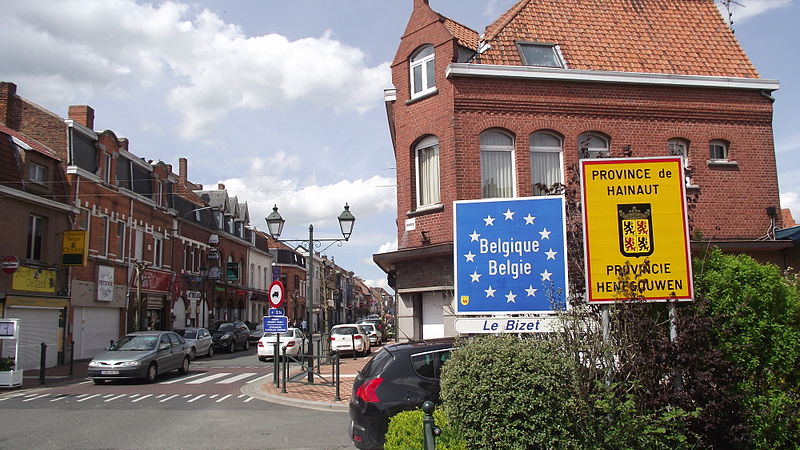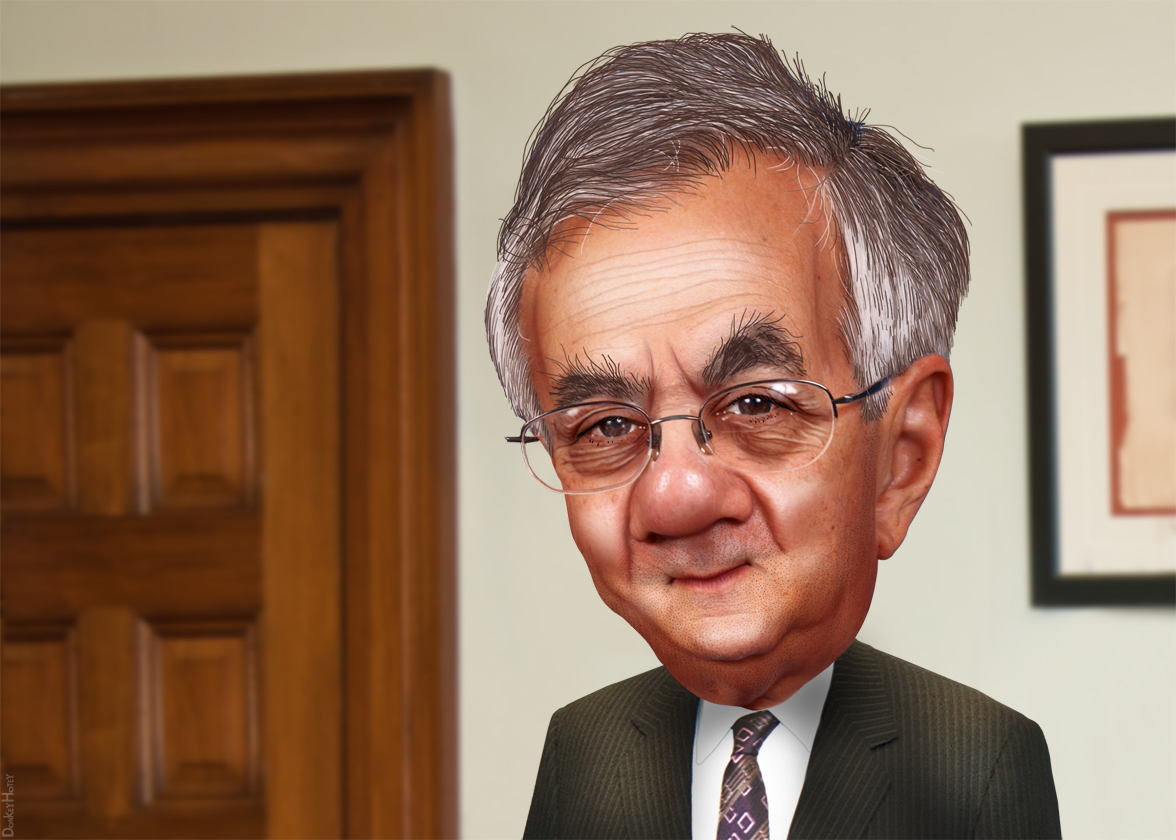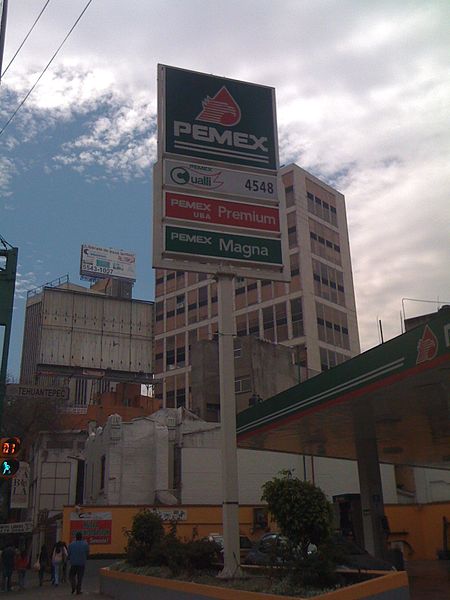Right wing politicians across Europe are experiencing a field day, with the growing immigration crisis and the recent terrorist attacks in Paris both adding fuel to their long held beliefs of tighter national border control. Countries such as Austria, Belgium, the Czech Republic, Slovakia, Slovenia, Hungary, France, Germany, the Netherlands and Sweden have begun reinstating temporary border controls and with growing criticism of national security measures there are concerns over the future of the Schengen Agreement. However, any deviations from the Schengen Agreement involve an economic tradeoff that might prove costly for European growth rates.
Key economic areas like trade could be heavily impacted by a reinstatement of borders between Schengen member states. Upon entry into a Schengen member state, both EU and non-EU citizens benefit from essentially free travel between the other member states. The agreement has allowed for a more diverse range of goods to be offered to European consumers at lower prices with reduced transport costs and shorter delivery times. Reduced transport costs drive more firms to competitively engage in exports, leading to higher levels of market integration between countries and a wider variety of goods offered by the higher number of producing firms. Ease of trans-border movements is also crucial for certain industries like those dealing in perishable goods with reduced border crossing times to enable firms to transport higher volumes of their product. Estimates put forward by the perishable goods industries expect costs of US $56 per vehicle for each one-hour delay which could consequently drive smaller businesses out of the market and result in less product variety as fewer firms would produce less varied products. Meanwhile, the Dutch Trucker Association also projected an hour wait at each border to cost its members US $684 million annually. Higher costs to manufacturers would be passed onto consumers in the form of higher markup prices.
As a result of the Schengen Agreement and higher levels of labour mobility, trade in labour services have grown. The European Commission estimates 1.25 billion cross-border trips with roughly 1.7 million Europeans commuting across borders daily and such effects are exaggerated in countries like Luxembourg with a population of 550, 000 that sees 157, 000 daily commuters from France, Belgium and Germany. Reductions in labour mobility can also have negative and indirect repercussions on trade levels. Recent estimates found that a 1% increase in migration between two Schengen member states effectively created nearly an equivalent increase in trade between the two with this effect being multiplied across the area. Increased migration levels tend to raise trade levels since foreign workers are more likely to take advantage of distribution networks and connections to supply chains in their home countries. Migration results in cultural interactions with foreign workers being responsible for spreading demand for cultural products from their original countries, thereby tapping into the distribution networks of their former countries.
Another side effect of less border controls is the increased efficiency potential of labour markets due to workers being able to cross borders and being employed in areas and industries where they are needed. In addition, the Schengen zone makes each members labour pool accessible, leading to increased flows of experts and adds value in terms of innovation and productivity. Freedom of movement reduces the recruiting costs of firms in need of labour and enables them to perform more competitively which has the added effect of spurring research and development so that firms can become more productive and maintain their market share in this more competitive environment.
Moreover, political pressure to increase border regulations would have large ramifications on the tourism industry, which accounts for a tenth of all non-financial enterprises in Europe. Approximately 2.2 million companies involved in tourism related industries employ 12 million people and created 5% of the value added in all non-financial industries. Major European economies also rely on tourism for a large percent of gross domestic product (GDP) with 7% in France and around 10% in Italy and increased bureaucracy in trans-border movements will burden an already shaky economic growth in the Eurozone.
As for the moment, European ministers have agreed to increase efforts to improve external border controls and increase monitoring of those traveling into and within the Schengen zone causing genuine worry over the future of the Schengen area. The expansion of right wing parties has contributed to this fear and with opinion polls showing 25% in favour of the Sweden Democrats Party and 70% support for closing the border in recent Dutch polls, European electorates must be wary of the short sighted tendencies of these political groups. If European states are unable to effectively assemble a strategy for border control in the periphery of the Schengen zone there are fears within the European parliament that governments will take measures into their own hands by further closing their borders. In deciding the fate of European integration, governments need to consider the delicate balance between achieving economic growth and national security in appeasing the median voter.




